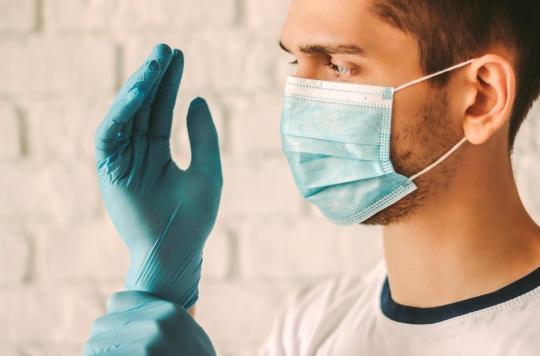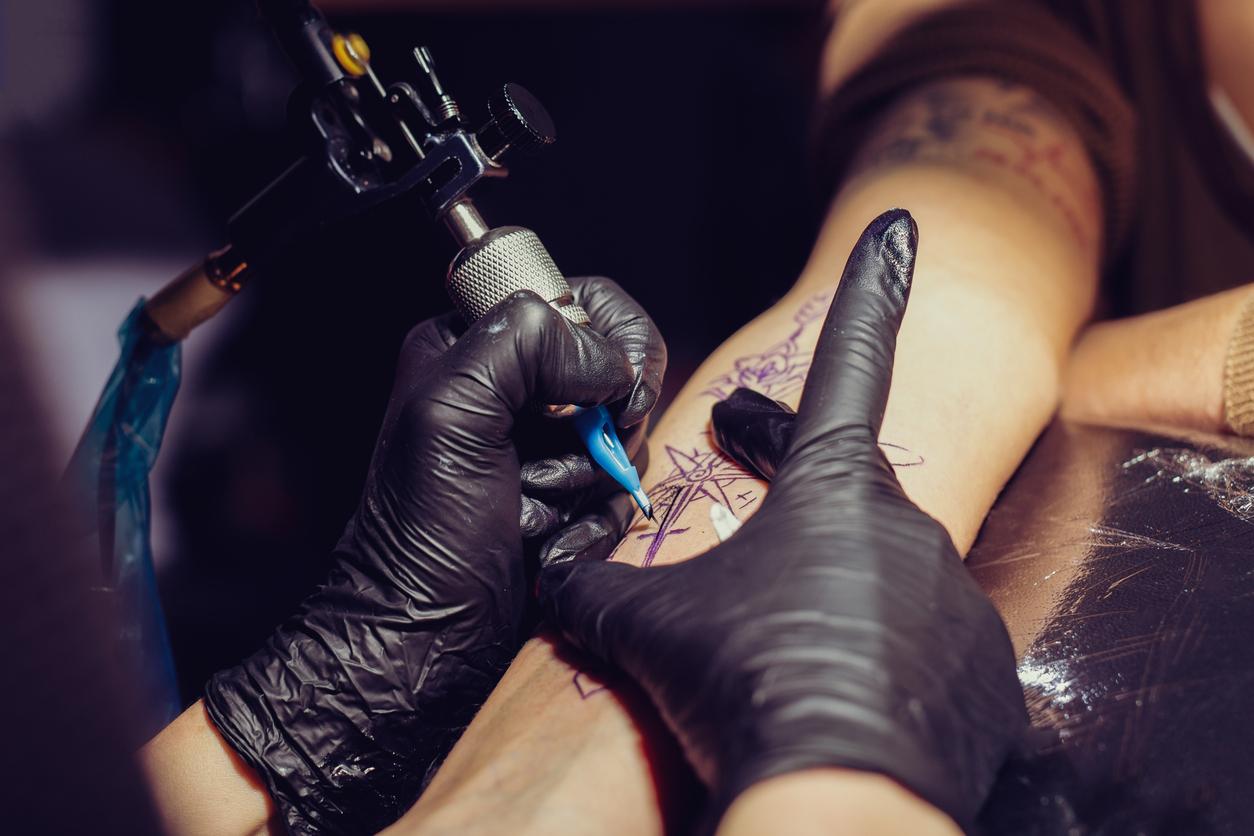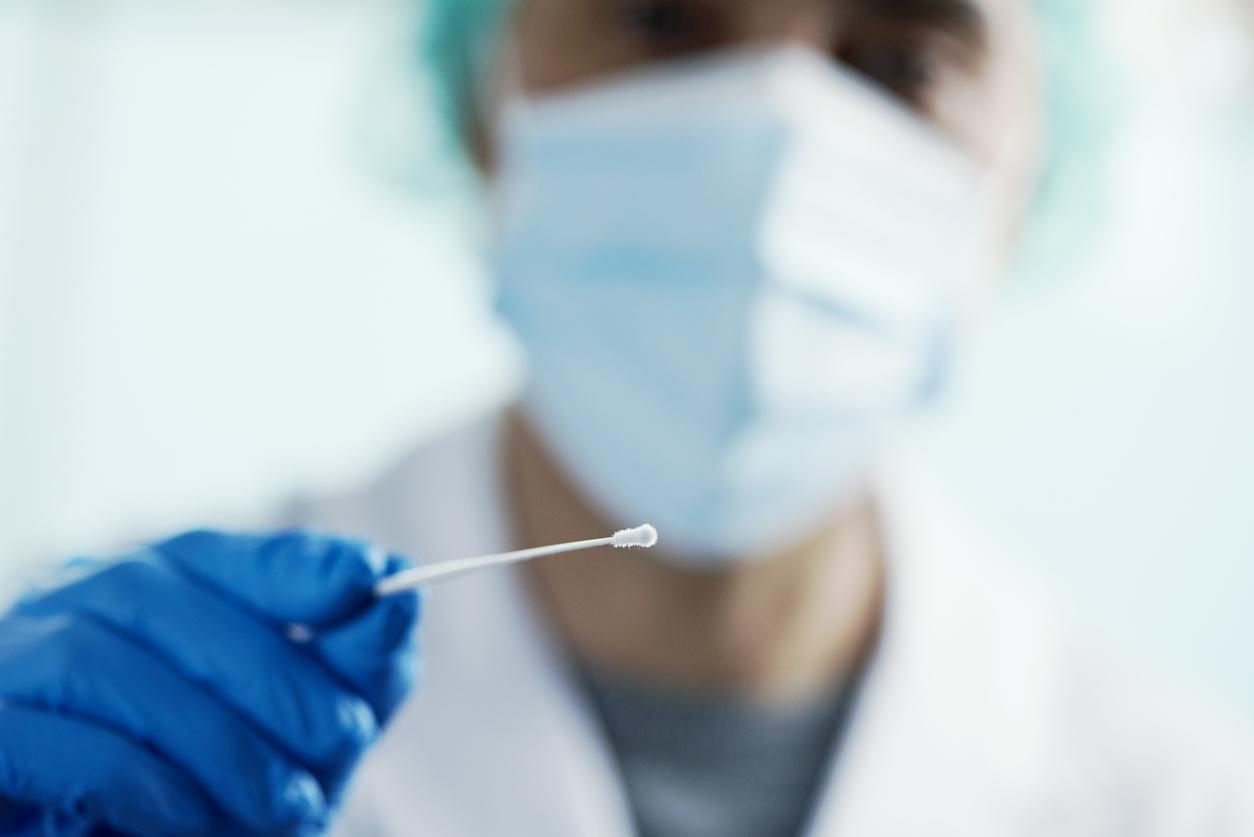On Sunday April 9, the Prime Minister assured that medical personnel would now be supplied with FFP2 or surgical masks. However, faced with the importance of demand, many of them are not produced by specialized companies and do not protect as they should.

- Several deliveries of masks concerned products that did not meet the standards
- In Ile de France, the ARS has launched tests on different types of masks
“In recent weeks, we have been able to resume the import of masks from China. We imported more masks this week than we consume. These good figures allow us to consider expanding the mask distribution policy in the coming weeks”. On Sunday April 19, the Prime Minister, Edouard Philippe, announced on television that medical personnel would now be able to be properly supplied with FFP2 or surgical masks. However, are we sure that these tools comply with the standards in force?
We have been told enough: not all masks are created equal. Proof of this is notably with a recent study where, in South Korea, researchers used disposable surgical masks, consisting of 3 layers, and reusable cotton masks, consisting of two layers. They placed a box 20 cm from the patients, to collect any projections and asked the participants to cough 5 times, with or without a mask. Regardless of the type of protection used, the boxes were contaminated with the virus.
Recently, Belgium, the Netherlands and even Finland received shipments of unusable masks. In France, several companies have been faced with the same problem, assures Radio France. “A customer came to us to see if we could find reliable masks for him (…) Of the cargo he had just received, a quarter was compliant, but the rest was of very poor quality”, explains the Lyon-based company Sourcing Force, which specializes in finding Chinese suppliers, to the media.
Worthless certificates
Camille Verchery, the CEO of VVR international, which also specializes in finding suppliers on the Chinese market, cites the example of China. In January, faced with the explosion of the country’s needs, “many non-specialized factories have started producing personal protective equipment (PPE) for medical use, without real experience. In this category, you can find absolutely everything, he explains to Radio France. I had about fifty requests from French companies who presented me with offers made to them by mask producers. In almost all cases, we concluded that the hardware was unreliable”he continues.
To attract customers, some go so far as to falsify documents supposed to certify the conformity of masks with the CE standard (European conformity). In Europe, the European Safety Federation (ESF) has identified dozens of false certificates in circulation.
“We are unfortunately informed by various sources of ‘certificates’ or other documents used as the basis for the CE marking of PPE (including FFP2/FFP3 masks and eye protection), whereas these ‘certificates’ have no legal value and cannot be used as a conclusion of conformity assessment. It is not clear if these documents were actually issued by the mentioned organizations themselves or if they are fake (we have the impression that many fake documents are presented as proof of compliance). The ESF does not accuse them of doing so, we only want to inform and warn them about these documents”alerts the FSE on his site.
“Several of the institutes mentioned offer the possibility to check the validity of the ‘certificate’ on their website. In these cases, a ‘valid’ answer does not make the document a legally valid type examination certificate. It only means that the institute recognizes having issued the ‘certificate’ to this producer for the mentioned product”recalls the organization.
Some organizations are not very observant
It happens that certain certificates bearing the CE mark are based only on the examination of a technical file sent by a producer located thousands of kilometers from the controller. “We act as independent consultants. It should be seen as a first step towards obtaining CE certification. We cannot be held responsible for misuse of this document, explains for example to Radio France ECM, issuer of one of these certificates but yet normally not authorized to certify safety equipment. Faced with the explosion of needs in Europe, some of these manufacturers have bought CE certificates of convenience from certain organizations that are not very attentive”. deplores Camille Verchery.
“I receive ten requests for files a day, while we are not authorized to issue certificates, but new players are unfamiliar with the regulations. Typically, it takes three to five months for a full certification process, so when you see a certificate that has just been issued, be careful.” adds Pierre Lebon, from Asqual, an organization carrying out tests as part of PPE certifications, with Radio France.
Masks ordered by the Ile-de-France region have been tested
Faced with these gray areas, theRegional Health Agency (ARS) has already done some testing. In particular, it sent surgical masks ordered by the Ile-de-France region to the National Testing Laboratory. The latter had been produced by the Chinese agency Wensil, which specializes in the manufacture of silk scarves. Result: if they do not have the CE marking, these masks still provide sufficient protection, assures the Laboratory.
However, will all masks entering French territory be tested? Health personnel in doubt and the National Agency for the Safety of Medicines and Health Products (ANSM) remains silent on the subject. Just like the Ministry of Health. According to Edouard Philippe, wearing a mask should probably become compulsory for the general public in public transport within the next few weeks.
.

















